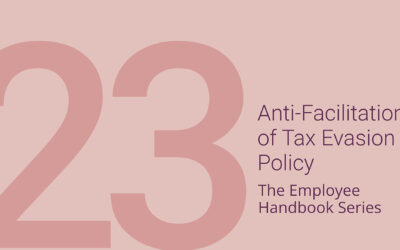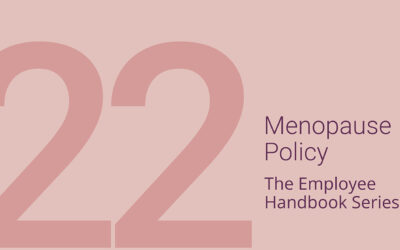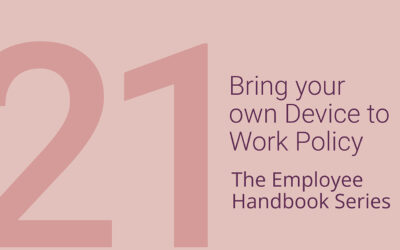EMPLOYMENT LAW
Workplace Grievances
Why Choose Atkins Dellow as your Employment Law Solicitors?
Competitive Fees
We offer no obligation chats, just get in touch.
Dedicated Solicitors
We’ll go the extra mile to offer you hassle-free legal advice.
No Legal Jargon
No jargon. We speak in plain English just like you.
Care
Regardless of the challenges, we look after your interests.
Workplace Grievance FAQs
What is a Grievance?
How should my employer react to a Grievance?
Do I need to give my employer a Grievance Letter?
Even though employees can raise grievances orally, we normally recommend that they do so in writing so that they have a record they can use later if they need to.
Can I Appeal a Grievance?
Your employer should have a grievance procedure and that procedure should say you can appeal and explain how you go about doing it.
Even if your employer doesn’t have a written grievance procedure, you should be allowed to appeal because the right to appeal forms part of what is accepted as being a fair grievance procedure. It is also a right that is included in the ACAS code of practice on grievances. ACAS code sets out minimum acceptable standards for how grievances should be handled by employers. The code of practice isn’t law but it is accepted as being best practice and an employment tribunal will look at the code when deciding whether or not an employer has acted fairly.
What can I do once the grievance procedure has been exhausted?
When the grievance procedure has been completed, you may be content to accept the outcome and continue to work for your employer as your complaint has been dealt with. If, following the grievance procedure, you feel that you can no longer work for your employer. You may decide to resign from your employment. If you resign because the procedure or the outcome was unsatisfactory you may be able to claim that you’ve been constructively dismissed and bring a claim against your employer for damages and compensation. It may be possible to negotiate a settlement agreement with your employer, in which your employer agrees to pay you certain sums in exchange for you giving up your right to bring a claim against them in a court or employment tribunal.
Can I be Disciplined for raising a Grievance?
If your grievance is a genuine grievance brought in good faith, then your employer cannot formally discipline you for raising it. If you make a complaint that isn’t true or genuine, your employer will be able to discipline you for doing that.
Employment Law Specialists at Atkins Dellow
Related Insights
Anti-facilitation of Tax Evasion Policies in Employment Law
Introduction to Anti-facilitation of tax evasion policy As a matter of law employers must give their employees a written document which covers the key terms of the employment relationship. On top of this, it’s good practice for employers to have a staff handbook which...
Menopause Policies in Employment Law
Introduction to Menopause Policy As a matter of law employers must give their employees a written document which covers the key terms of the employment relationship. On top of this, it’s good practice for employers to have a staff handbook which includes the...
Bring Your Own Device to Work Policy for Employers
Introduction to Bring Your Own Device to Work Policy As a matter of law employers must give their employees a written document which covers the key terms of the employment relationship. On top of this, it’s good practice for employers to have a staff handbook which...
Still Need Help?





